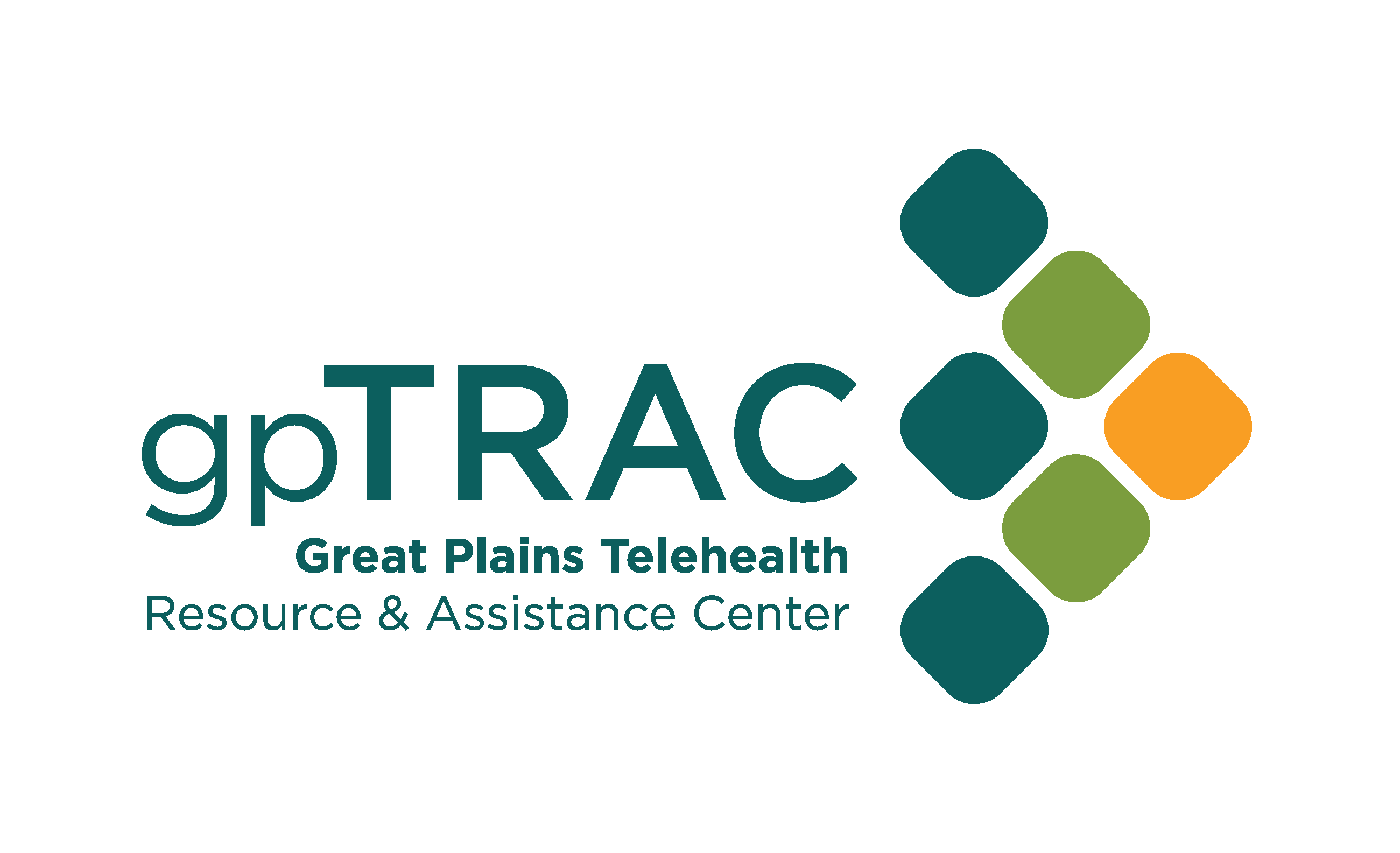Of all the preventive cancer screenings, colorectal cancer has the most stigma, elicits the strongest reactions and fear, and is also the most misunderstood. Therefore, there is no room for bashfulness or modesty when developing plans for patient outreach and recall around colorectal cancer. What is incredible is that colorectal cancer is completely preventable if the health care system, public health, patients, and families all come together to combat this disease.
Through the Iowa PCA’s Performance Improvement Learning Collaborative and our sister company, IowaHealth+, eleven of the health centers agreed to focus on improving their colorectal cancer screening rates. Each health center committed to improve their overall screening rate by 10% (based on their 2015 UDS rate) by 2017 or achieve the 80% target set by the National Colorectal Cancer Roundtable. We found great variability in the screening rates among the health centers and invited four health centers to serve as the initial sites where our performance improvement team would go to work.
Our performance improvement team uses a common methodology for approaching projects in partnership with the health centers. This includes conducting a current state assessment and process maps at each health center followed by the development of a project charter to guide the implementation of the project. After the assessment and process mapping was complete, our team completed several observations onsite at the initial four health centers before identifying gaps and barriers affecting the CRC screening process. We then worked with the health centers through our Clinical Quality and Consumer Advisory Committees to identify recommendations for improvement.
What we found during the observations at four health centers was a mix of cultural and process issues that could either contribute to or restrict the ability of the health centers to affectively reach patients in need of screening. The cultural issues that primarily impact colorectal screening include: 1) the level of empowerment that care team members have to work together to increase screening rates and 2) the comfort level among care team members to talk with patients in an understandable way about the screening (thus the name of this blog post!). The primary process issue that we identified is a lack of effective, consistent, and efficient provider reminder and patient recall systems.
Now that these issues have been identified, we have been working with the four health centers to improve their processes and will spread the same approach to the additional seven health centers over the next three months. Because of the hard work among the health centers and our PI team, we saw a 5.9% increase in our screening rates from 2015 to 2016 based on the Universal Data System measurement, which health centers must report annually to the federal government.
We are thrilled to have support from the Iowa Department of Public Health, the American Cancer Society, and the National Association of Community Health Centers to help us better serve our patients and know that what we have learned from this approach will inform future initiatives to improve other preventive screening rates. There are more poop queens and kings out there than you would think and Iowans will benefit from these committed individuals in the fight to prevent a prevalent disease!

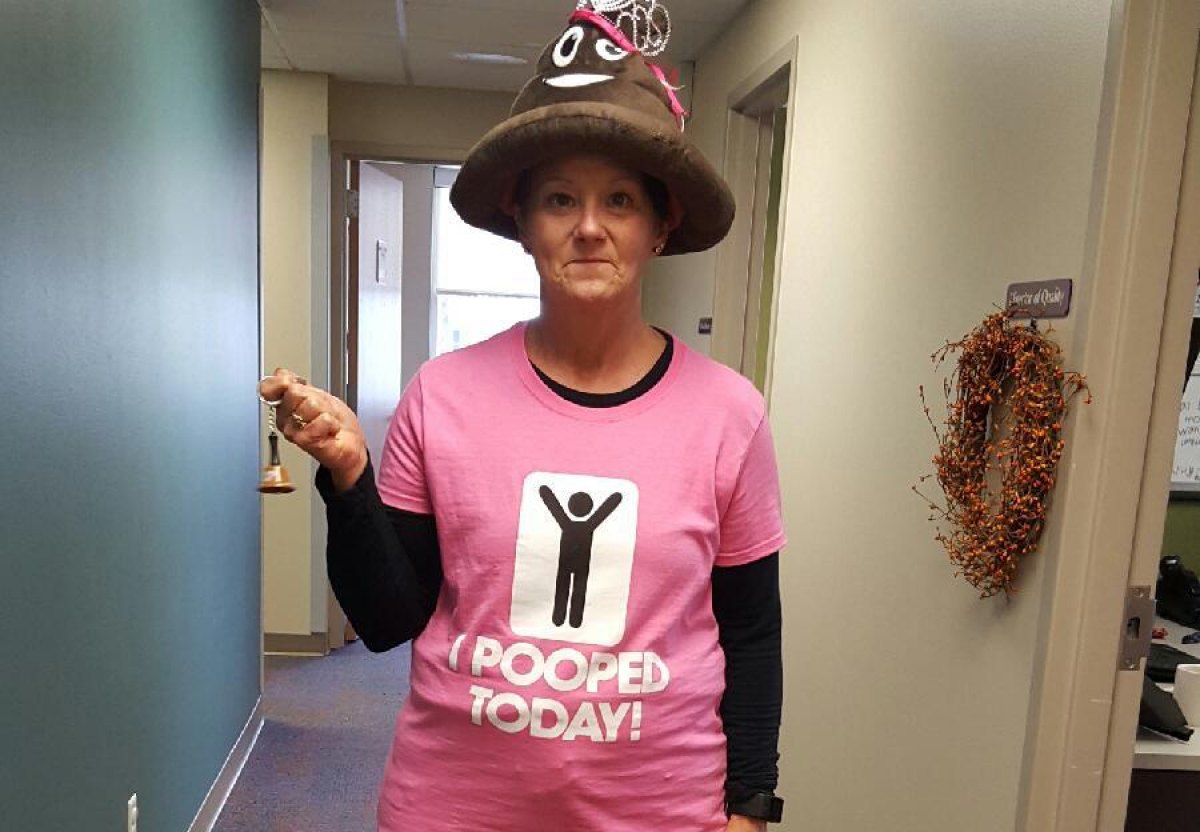
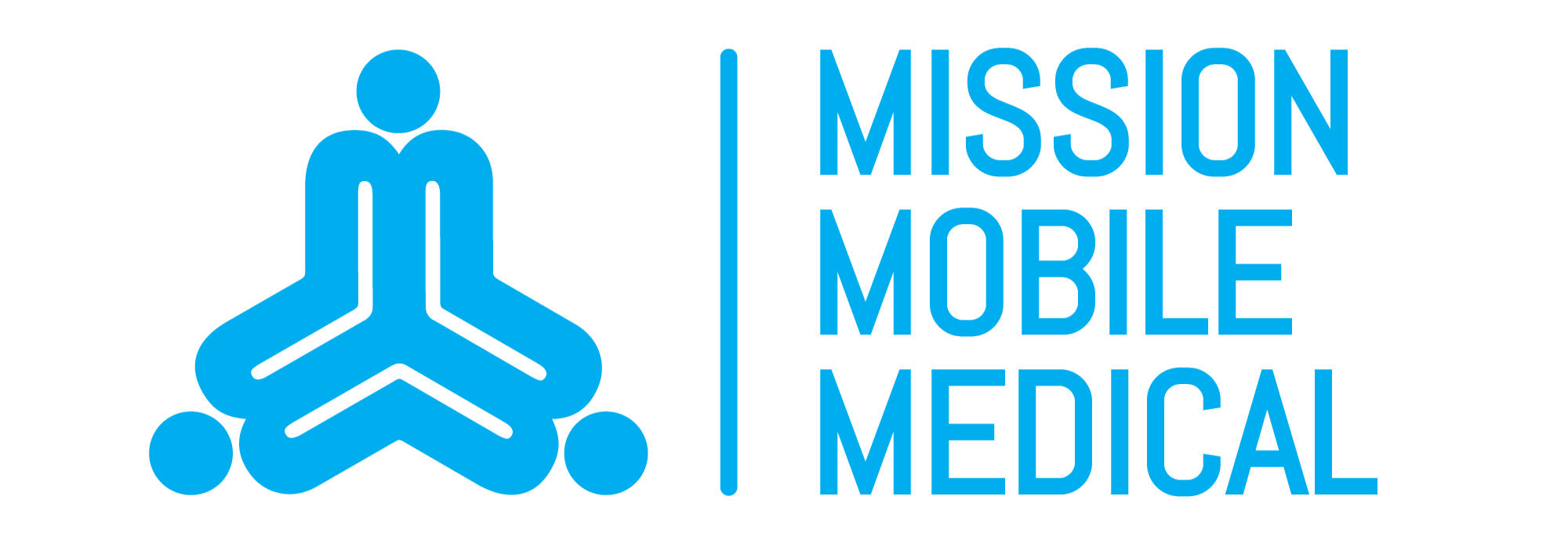

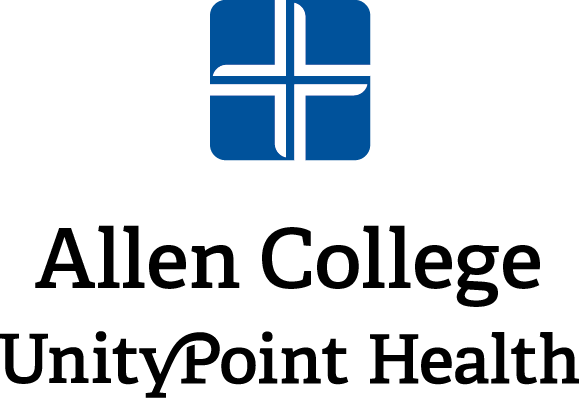








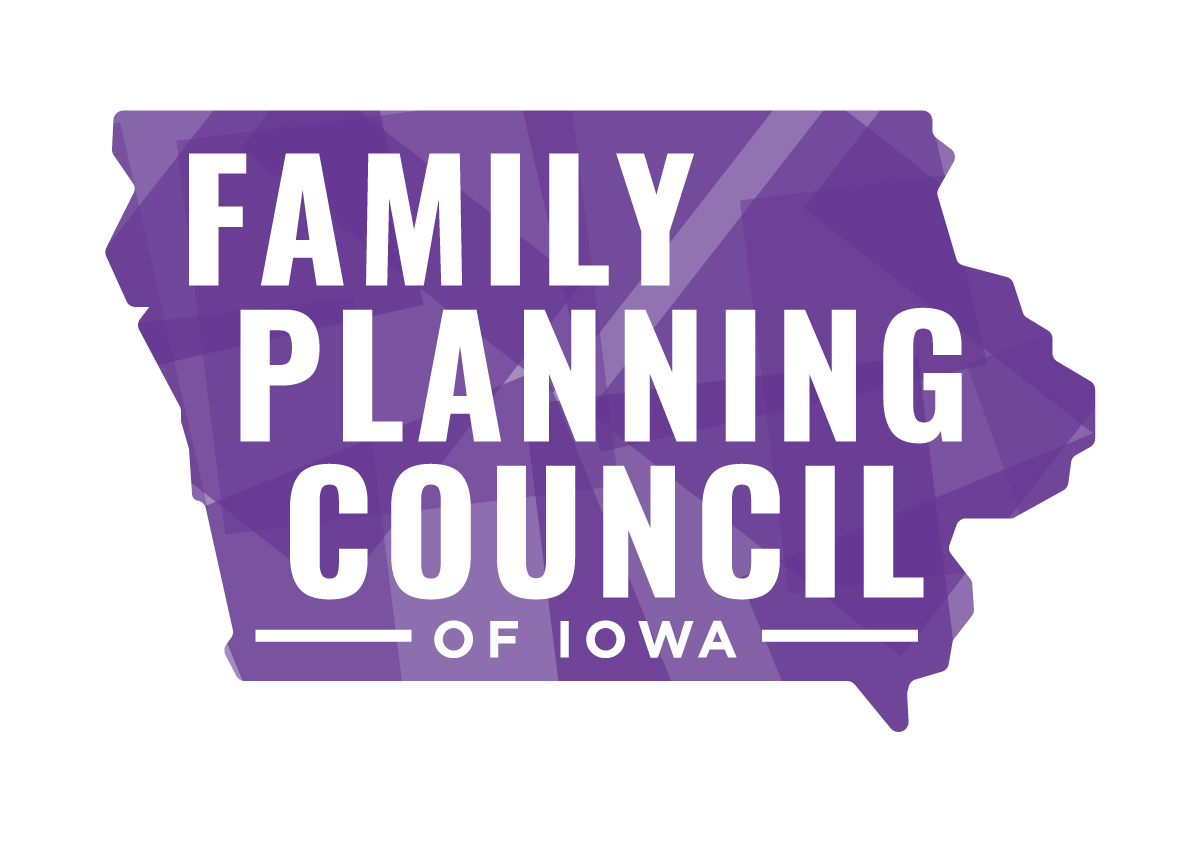





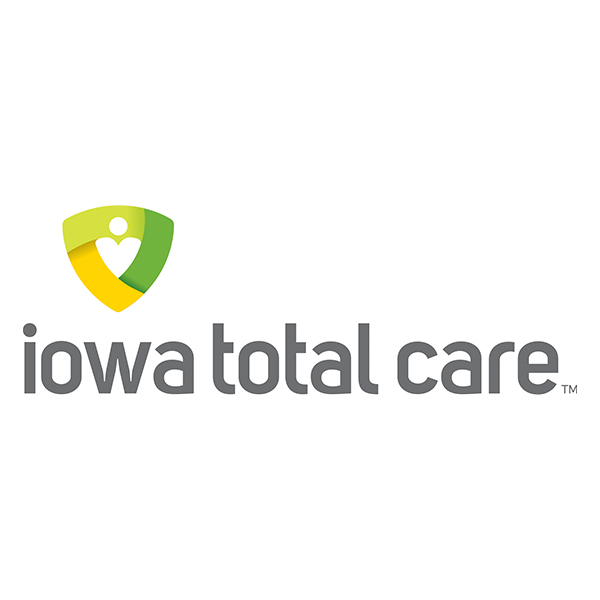







.png)










